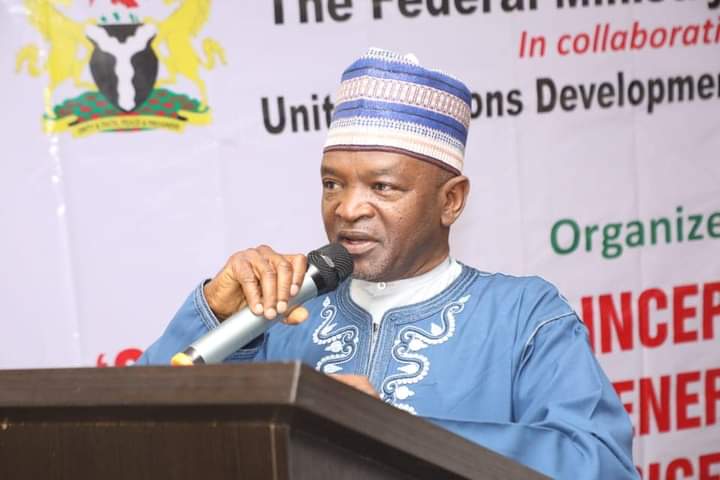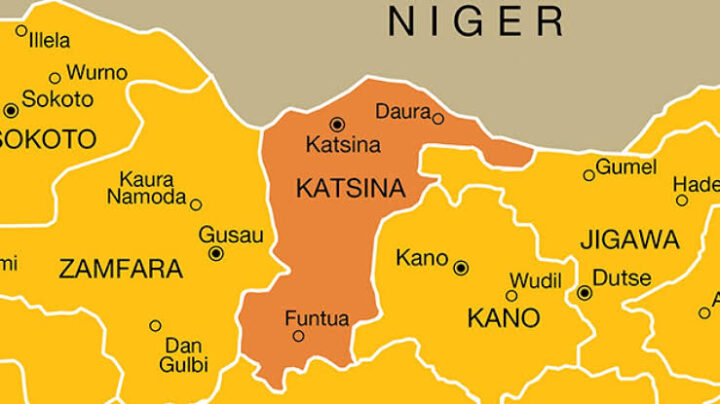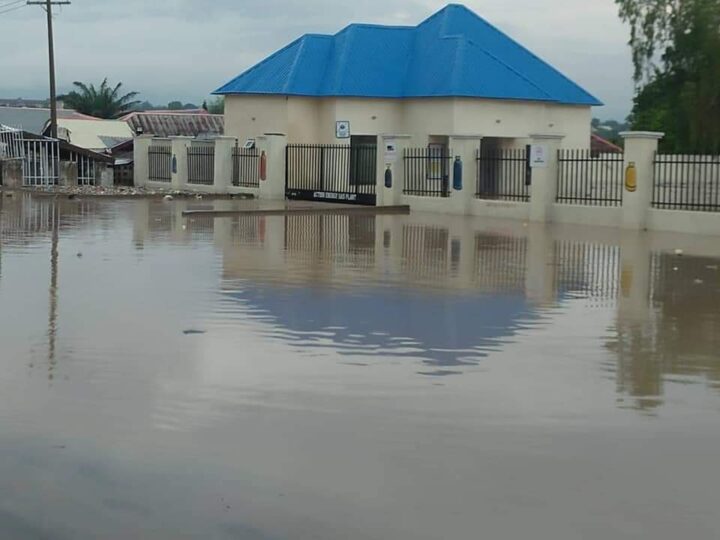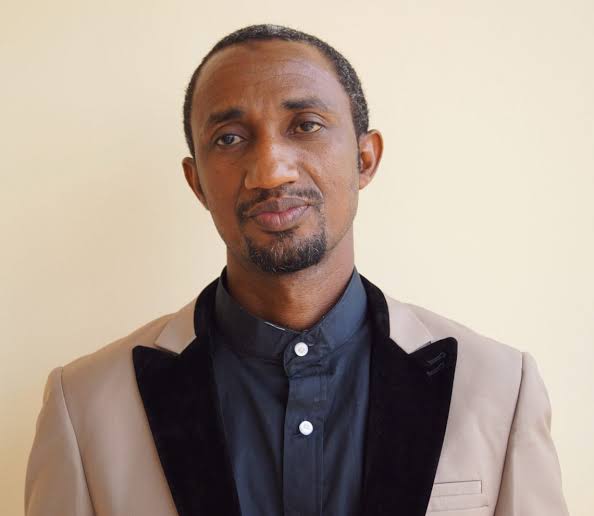Despite directly impacting our communities, health, and livelihood, climate-related reports usually take a back seat to dominant news beats like politics and business. Climate Watch aims to ensure you never miss important stories on climate change and actions being taken towards limiting its impact.
Here is a round-up of last week’s climate stories:
- When a weather forecast is given, it serves as an early warning signal to any region or state for which the forecast was made so they can prepare ahead of time. Last week, the Nigeria Meteorological Agency (NiMet) felt disappointed over the floods that ravaged Lagos on Friday, July 16. The agency described the incident as “highly unfortunate” because it had earlier predicted heavy rainfall over Lagos on July 14 and 15. With this early prediction, the agency expected the state and its residents to be prepared, but that didn’t happen, as cars and properties were submerged in the flood. Consequently, the agency advised that Nigerians should constantly visit its social media handles to get information about the weather. Read more about this here.
- Taiwo Ogunwumi, a disaster risk management expert, is of the opinion that the Lagos flood shows Nigeria lacks proper disaster risk management strategies. He said predictions alone would not help avert the flood situation or make people more prepared. He said the four phases of the disaster risk management cycle, which include prevention, preparedness, response, and rehabilitation, would help ensure that flood impacts are averted and that individuals are rescued. He said flooding events will become more severe and Nigeria needs to strategise on adaptive mechanisms. Read here to find out the steps for adapting to the situation.
Advertisement
- In case you missed it, an investigation by TheCable uncovered how Rivers residents are “dying slowly” as a result of illegal oil refining causing soot pollution and affecting the health of citizens. Residents complained of having breathing disorders that cause them pain and discomfort. Precious Efe, a climate scientist and air pollution specialist at Rivers State University (RSU), said soot contains harmful chemical substances that can cause cancer and respiratory disorders. Research shows that a number of Rivers residents have died from illnesses directly or indirectly linked to the pollution. Residents have called on the government to act on the issue to prevent further deaths and diseases. You can read the full story here.
- It is no longer news that carbon emissions are harmful to human beings and have led to the death of many. Such was the story of the Ojomu family last week when fumes from a power generator caused the death of four persons in Sanmora, Irepodun LGA of Kwara state. A joyful Eid soon turned sorrowful as eyewitnesses said they found the family members dead inside their house on the morning of July 21. The deceased had left the generator set running through the night inside the house. Two other victims, who were found unconscious by residents, were immediately rushed to a hospital. Ajayi Okasanmi, the state police public relations officer who confirmed the development, asked that people should take safety precautions. Read more on this here.
Add a comment






